It’s never too early to plan for the life you want after work.
Whether you're picturing travelling the world, helping your children onto the property ladder, or simply retiring with peace of mind, planning ahead makes all the difference. But when should you start? And what if you feel like you’re already behind?
Why Sooner is Better
The earlier you begin, the more time your money has to grow thanks to the power of compound interest. Compound interest means you earn interest not just on what you put in, but also on the interest that’s already been added.
Delaying retirement planning often means playing catch-up later. That could mean contributing more or pushing back your retirement age, neither of which feels ideal.
But here’s the good news: it’s never too late to take control.
In Your 20s? Don’t Opt Out
If you’ve just started working, you’ll likely be enrolled in a workplace pension automatically. Tempted to opt out? Try not to. Even modest contributions made now can grow substantially over four decades. Think of it as your future self’s best gift.
In Your 30s? Still a Strong Position
By now, you may have changed jobs a few times and that might mean you have old workplace pensions floating around. This is a good time to track them down and consider whether consolidating them could help, though it’s important to check for any valuable benefits you might lose by doing so.
If you’ve started saving, now could be the moment to increase your contributions, especially as major expenses like childcare may start to ease.
In Your 40s? Time for a Check-In
Your 40s are a key time to review your retirement plans. You can start by getting a forecast for your state pension, your workplace pensions and any personal pensions to see how much you’ve got saved.
Can you increase contributions? Even a little? Small changes now can still make a big impact later.
In Your 50s or 60s? It’s Not Too Late
If you’re getting closer to retirement, there’s still a lot you can do and time to do it.
Catch-up contributions: You can pay more into your pension and benefit from tax relief.
Tax allowances: You can carry forward unused pension allowance for up to three years (currently £60,000 annually in 2025/26, tapering for higher earners).
Use a pension calculator: Understand what’s possible and explore your options for phased or semi-retirement.
It’s also worth speaking to an expert about how best to draw income during retirement and how to do so tax-efficiently.
Self-Employed? You Need a Plan Too
If you’re self-employed, no one’s automatically saving for you which makes retirement planning even more important. A SIPP (Self-Invested Personal Pension) or a Lifetime ISA can be great tools. Even starting with small, regular contributions can set a strong foundation.
Don’t Forget the Tax Perks
One of the biggest benefits of pensions is the tax relief:
20% for basic rate taxpayers
40% or 45% for higher/additional rate taxpayers
This means the government boosts every contribution you make. But remember unused allowances can only be carried forward for three years. Think of it as a “use it or lose it” situation.
Can I Help My Family Too?
Absolutely. You can even open a pension for your children or grandchildren, giving them a huge head start thanks to the magic of time and compounding. It's a powerful way to build family wealth and create lasting impact.
The Bottom Line: Start Today
Whether you're 25 or 55, the best time to start planning for retirement is right now.
Because retirement isn’t about hitting a certain age it’s about hitting a certain number. Knowing yours, and working toward it with a clear plan, gives you confidence, control, and freedom.
You’ve worked hard. You deserve to enjoy your future whatever that looks like for you.

